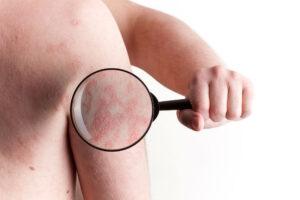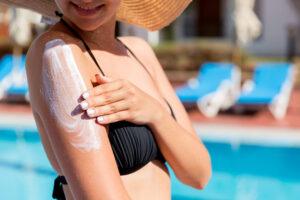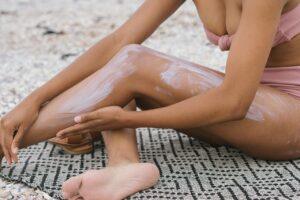Skin Care

Self Care
Skin Care
Water Hardness
What Is The Difference Between Eczema & Psoriasis?
Many people don’t know the difference between eczema and psoriasis. Both are skin conditions that are linked to y...
Read More

Skin Care
Does Soft Water Affect PH Balance? Your FAQs Answered
Depending on where in the UK you live, you’ll either have ‘hard’ or ‘soft’ water, but have you ever wondered w...
Read More

Skin Care
Can Eczema Go Away Naturally?
Eczema often starts at a young age. Although it can improve as you get older, it is unlikely that it will go away on its...
Read More


Self Care
Skin Care
Should You Shower Your Sunburn?
As the UK continues to experience warm temperatures and clear, sunny skies, our skin is more vulnerable to heat and UV d...
Read More

Skin Care
What Causes Aging Skin?
As we get older, our skin will naturally begin to age. Although we believe that skin is beautiful at any age, there are ...
Read More